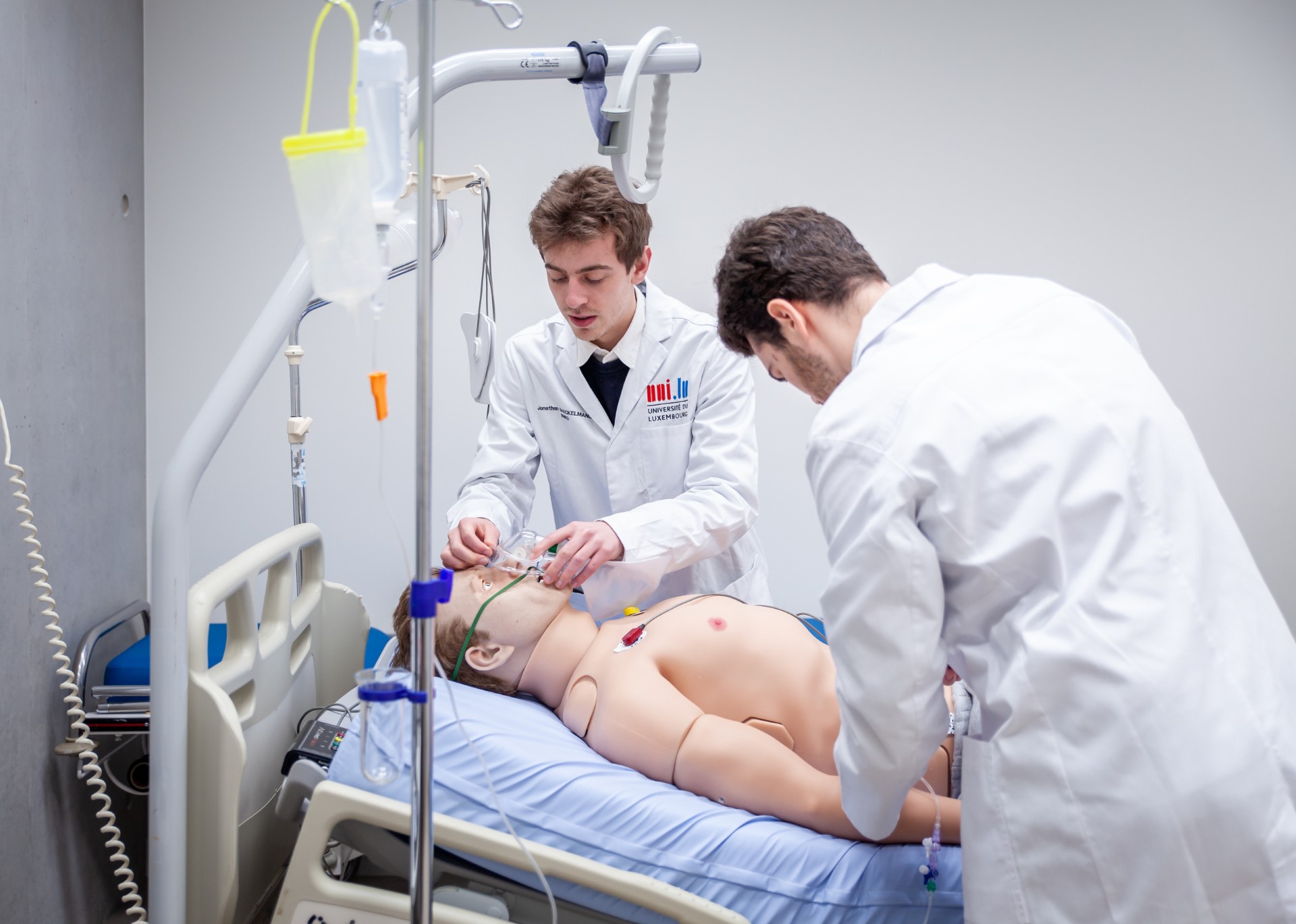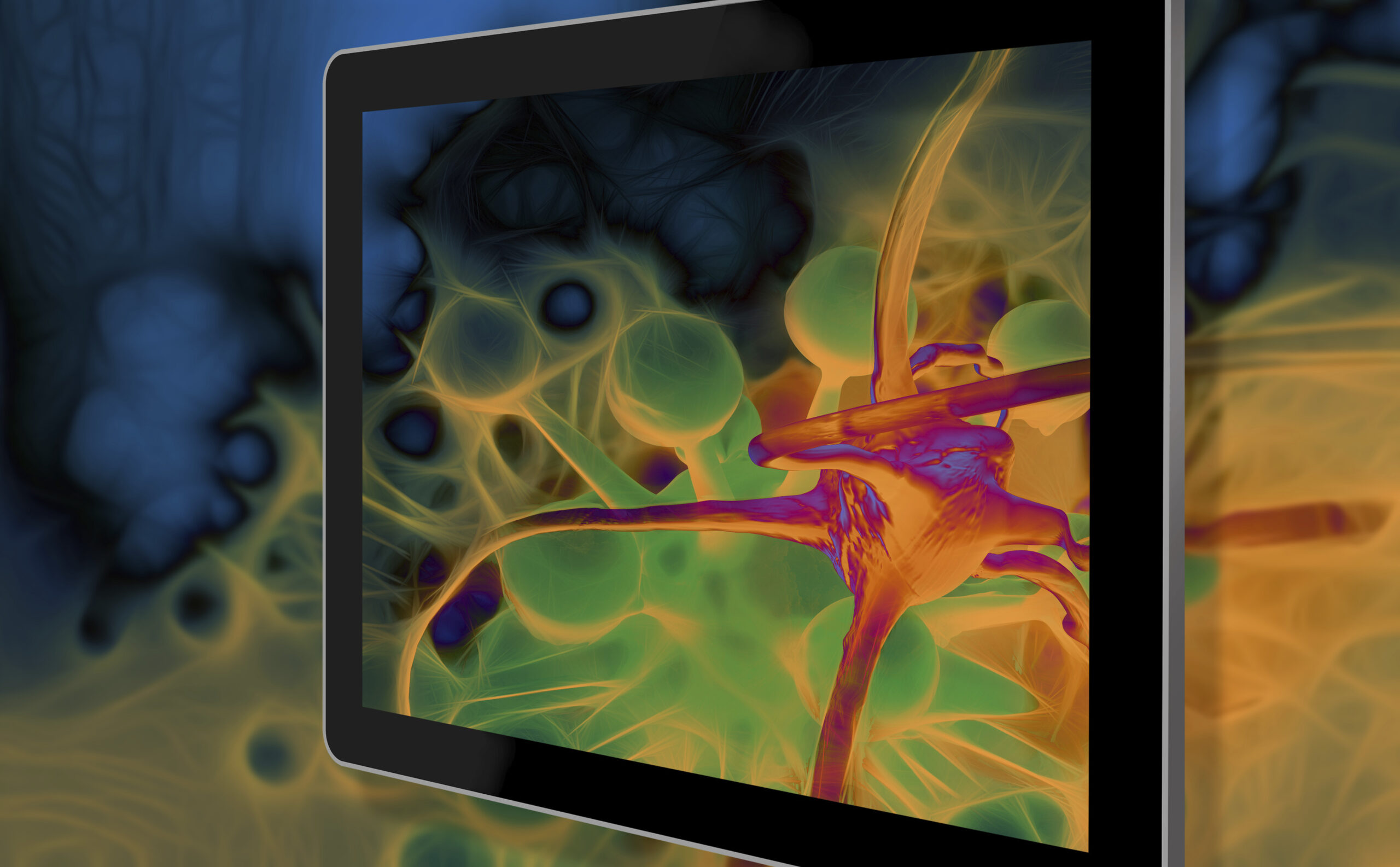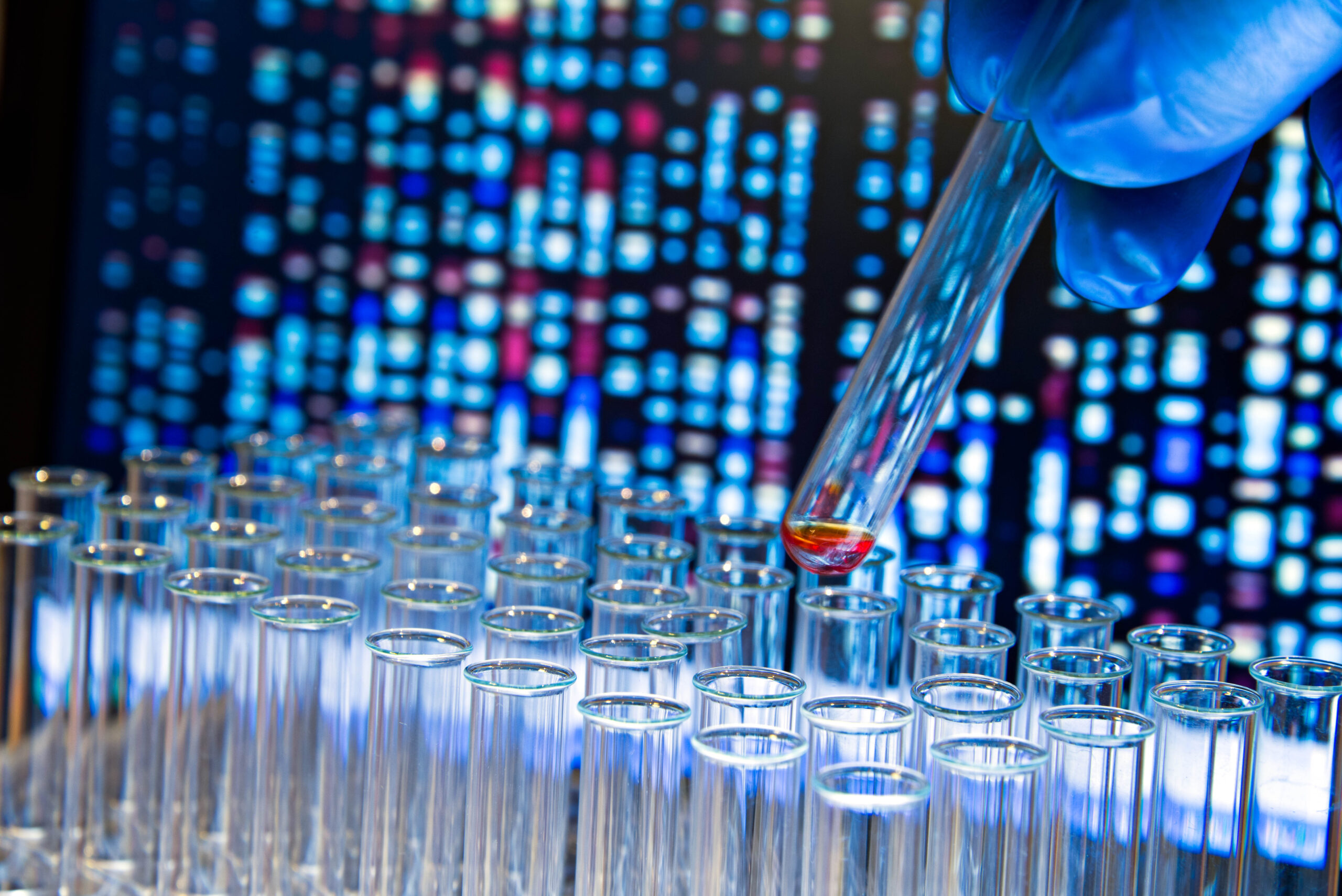Career opportunities
Graduates from the Bachelor in Life Sciences – Biomedicine continue with a research or applied masters course, to engage with careers mainly in research and development. With a Master, many opportunities become available, namely in research and development and industry.
More info
Study programme brochure

Learning outcomes
Students undertaking Bachelor in Life Sciences degree programme gain solid competence in fundamental branches of biomedicine. At the end of the Bachelor, students are able to:
- Identify and apply key concepts and theories in basic sciences as foundation for interdisciplinary approaches.
- Relate and illustrate the fundamental principles and processes of biology (BLS-B)/biomedicine (BLS-BM), as per the current state of the art
- Identify the molecular, cellular, and tissue architecture of humans (BLS-BM), living animals or plant organisms (BLS-B), along with the basic principles of physiology governing it, as well as the existing interrelations with its environment (BLS-BM, BLS-B).
- Apply qualitative and quantitative scientific methods from relevant disciplines, understanding causes, managing risks and uncertainties, and analyzing setbacks constructively, individually or in groups, and thereby gaining autonomy whenever confronted with new professional situations or challenges.
- Apply basic scientific knowledge from relevant disciplines to solve experimental and theoretical scientific challenges and tasks with an integrated interdisciplinary approach.
- Perform experiments using modern techniques in biology (BLS-B) and biomedicine (BLS-BM).
- Analyse, interpret and critically review experimental results, including statistical evaluations.
- Perform basic scripting and basic computational analyses of biological and biomedical experiments.
- Acquire new knowledge through scientific inquiry, compile and evaluate information, and use them to form judgements about disciplinary questions and related public issues.
- Clearly present and communicate effectively in English to various stakeholders on topics related to biomedicine, biology, and basic sciences, including understanding, justifying, and defending ethical aspects of life sciences and their applications in daily life.
- Use specific and cross-disciplinary skills and competences to progress in academic studies at master’s level, developing independence and leadership in the field of life sciences and in related professional contexts
Study perspectives
The main opportunity for graduates from the Bachelor en Sciences de la Vie – Biologie is to continue with a Master. At the University of Luxembourg, we offer the Master in Integrated Systems Biology and the International Master of Science in Biomedecine.

